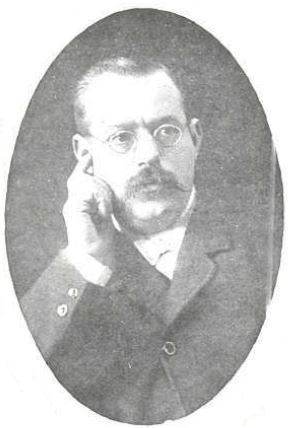Odón de Buen y del Cos facts for kids
Odón de Buen y del Cos (born in 1863 in Zuera, Spain, and died in 1945 in Mexico City) was a very important Spanish scientist. He was a naturalist, which means he studied nature, especially animals and plants. He was also involved in politics and wrote many articles. He is famous for starting the Spanish Institute of Oceanography. This is a place where scientists study the ocean. He also served as a senator and a council member in Barcelona.
A Life of Science
Odón de Buen was born into a family where his father was a tailor. He studied Natural History in Madrid and Zaragoza. He became very interested in the ocean after doing research on a ship called the Blanca.
From 1889 to 1911, he taught about animals (zoology) and plants (botany) at the University of Barcelona. He also studied ocean currents near Gibraltar from a ship called the Averroes.
His son, Sadí de Buen Lozano, was also a scientist. Sadí helped bring a special fish called the Gambusia affinis to Spain. This fish eats mosquito larvae. It was used to help fight against malaria, a disease spread by mosquitoes.
In 1939, after the Spanish Civil War, Odón de Buen left Spain. Many scientists, artists, and thinkers moved to Mexico during this time. He passed away in Mexico City in 1945.
Promoting New Ideas
In the 1890s, Odón de Buen was a big supporter of Darwinism. This is a scientific idea about how living things change over time through a process called evolution. He taught about these ideas in his classes at the University of Barcelona. He also wrote textbooks that explained Darwin's theories.
In 1895, the Bishop of Barcelona tried to stop de Buen. The Bishop got the government to ban his textbooks and suspend his classes. But most of the students supported Odón de Buen. They protested in the streets, and the issue became very public. Because of the strong support, the government changed its mind, and the ban was lifted. Odón de Buen was able to continue teaching his ideas.
See also
 In Spanish: Odón de Buen para niños
In Spanish: Odón de Buen para niños
 | Dorothy Vaughan |
 | Charles Henry Turner |
 | Hildrus Poindexter |
 | Henry Cecil McBay |


